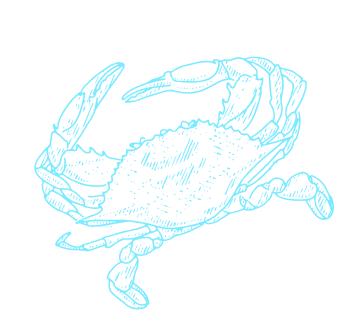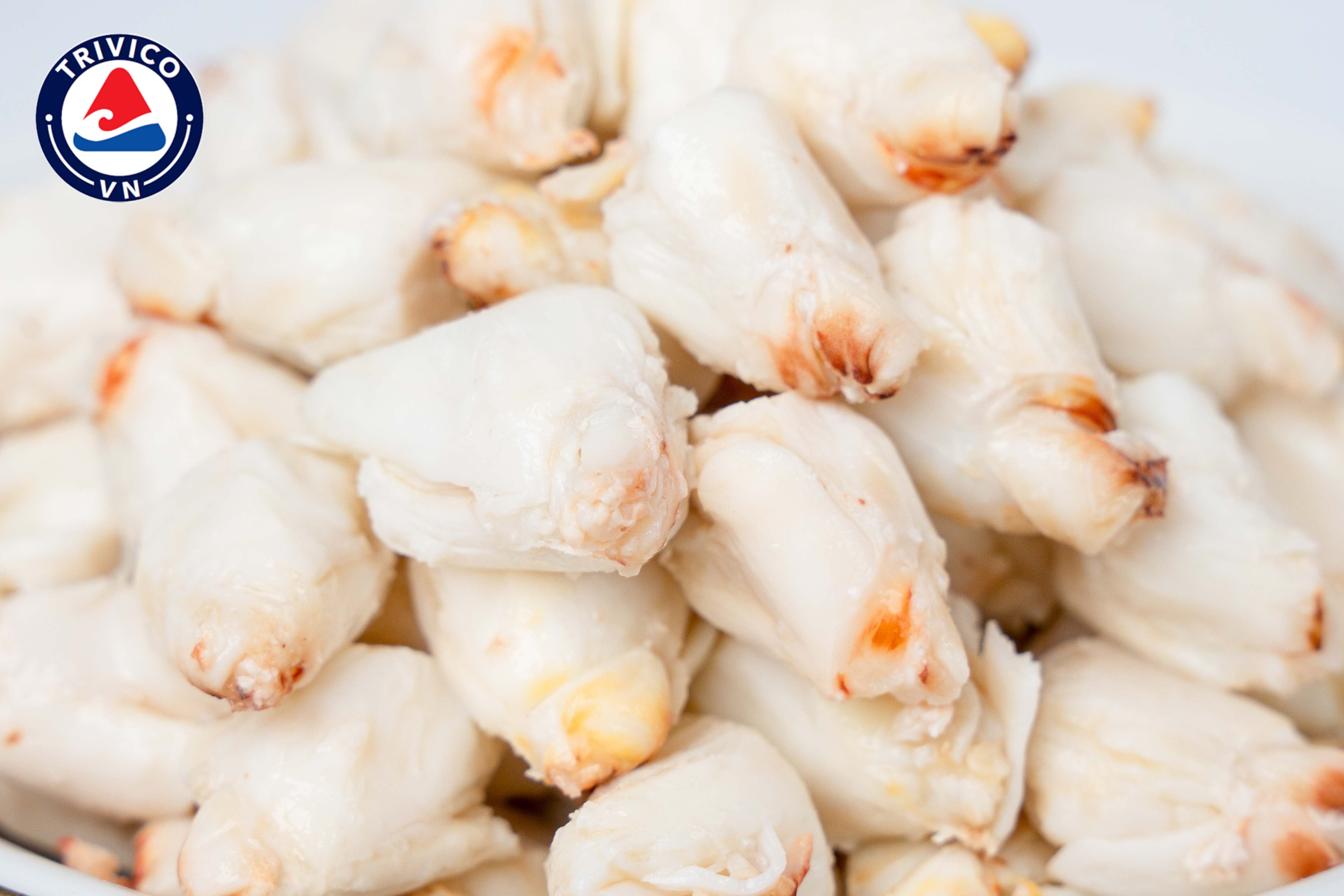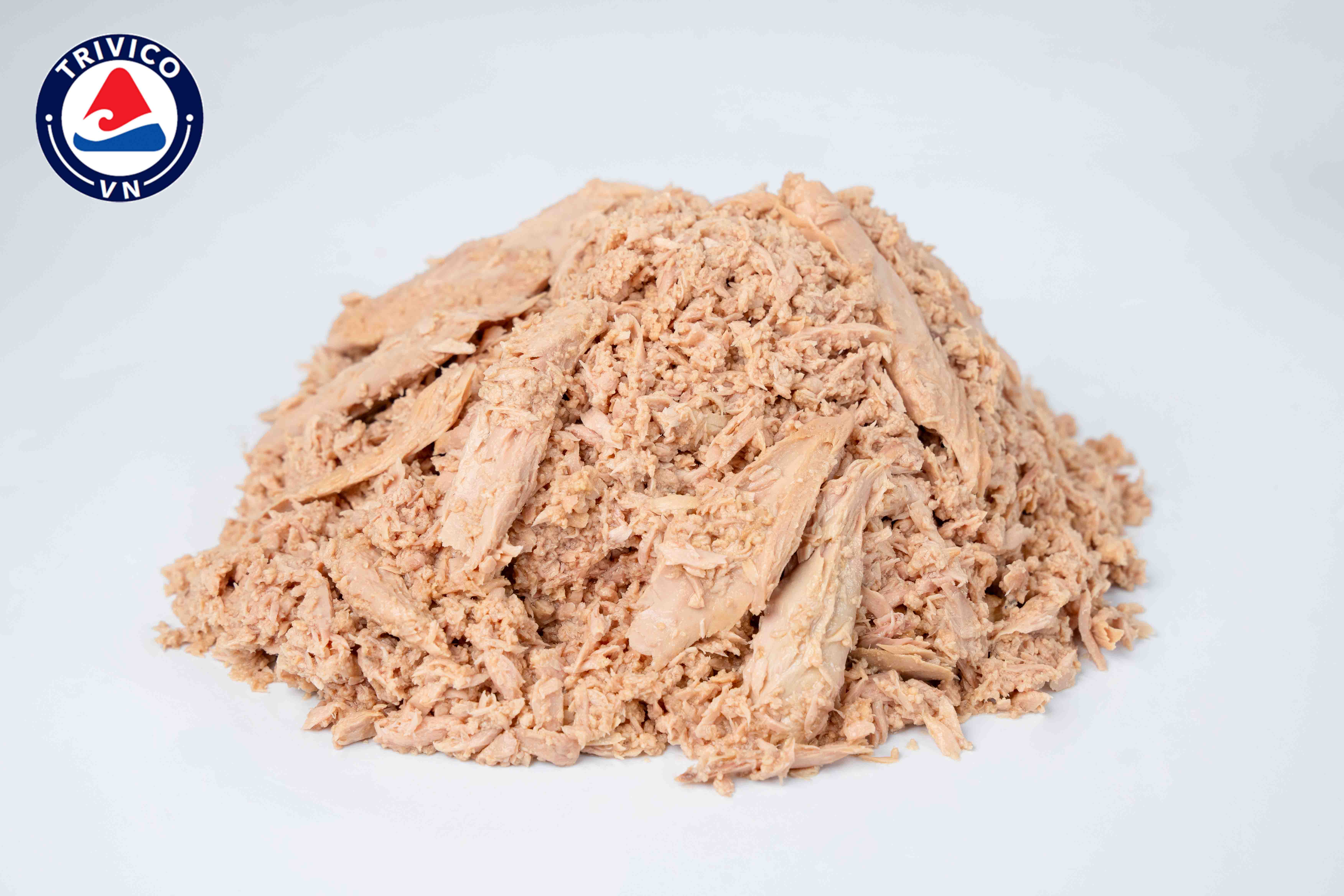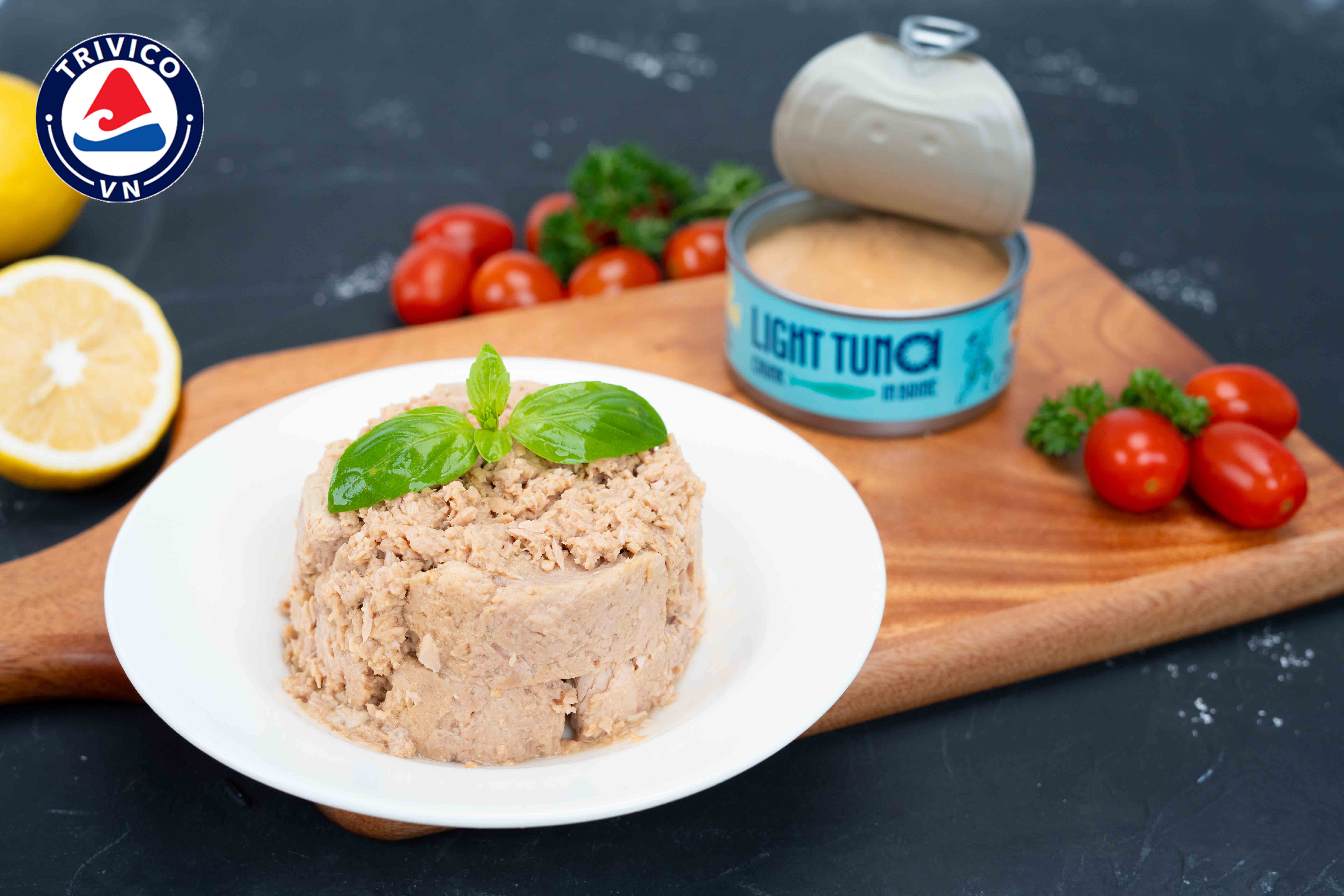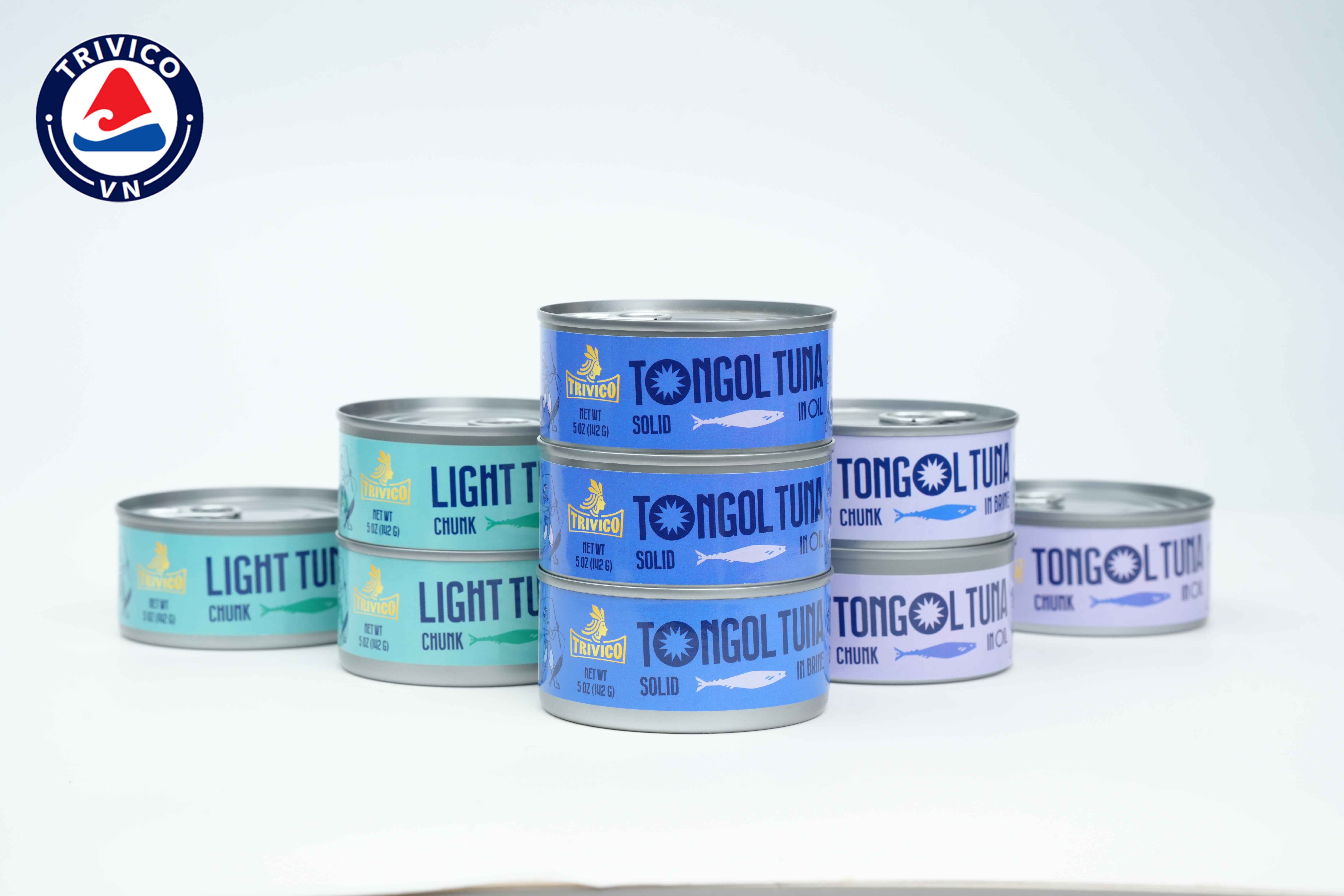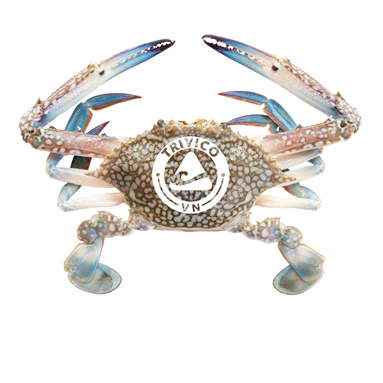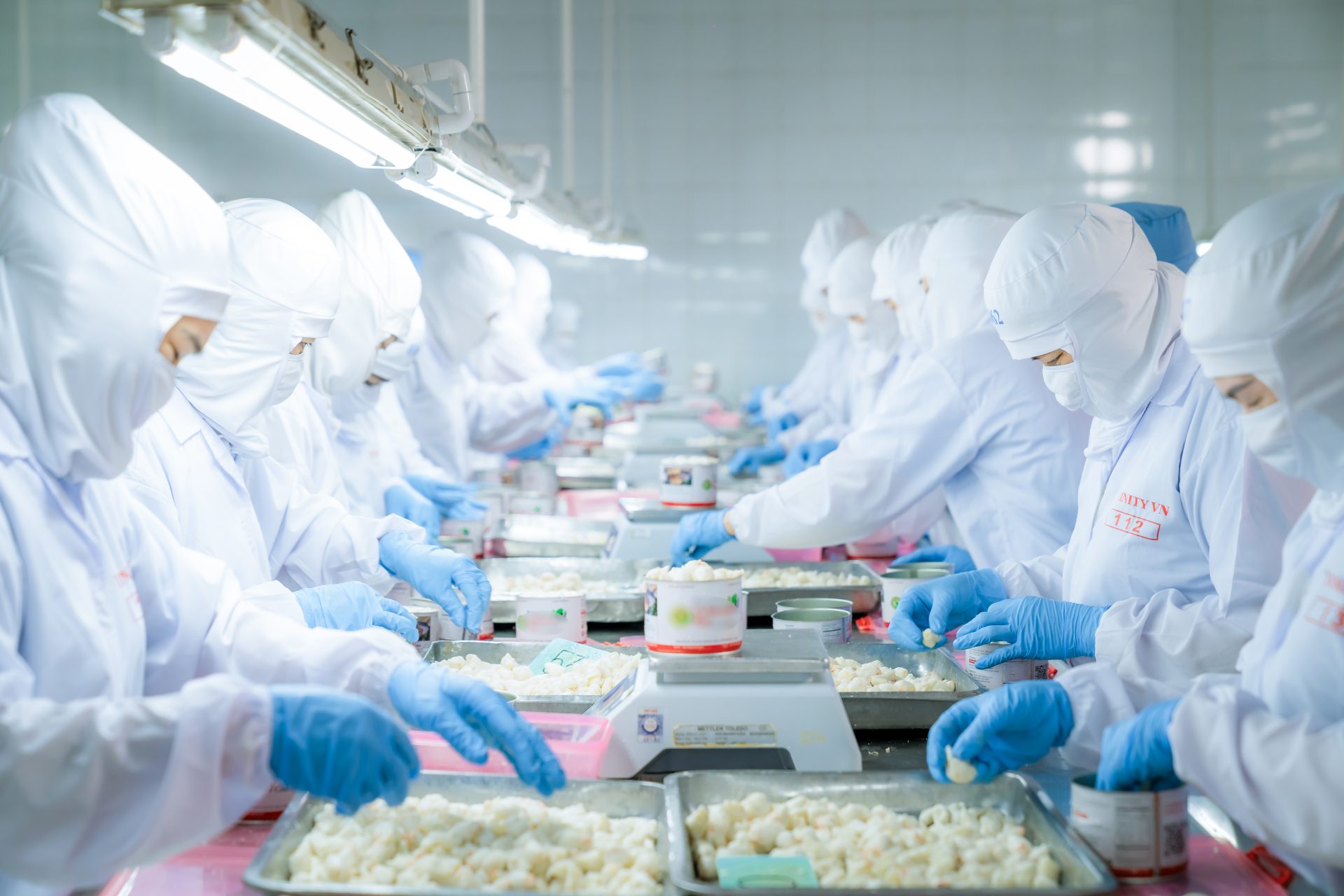
News
 Trinityvietnam
Trinityvietnam
 13:18 - 28/10/2025
13:18 - 28/10/2025
IFFO Annual Conference 2025: The Fishmeal Industry Advances Toward Sustainability and Global Collaboration
(vasep.com.vn) The 2025 Annual Conference of the International Fishmeal and Fish Oil Organization (IFFO) took place from October 20–22, 2025, with sessions held simultaneously in Madrid, Spain and Tokyo, Japan, attracting nearly 300 delegates from more than 30 countries. The event focused on global fishmeal supply–demand dynamics, international market impacts, new maritime transport regulations, and the role of fishmeal in both aquaculture nutrition and human health.
Day 1: The Impact of Trade and Global Regulations
Opening the conference, IFFO President Egil Magne Haugstad emphasized that fishmeal continues to play a central role in the global nutritional value chain, despite facing numerous challenges related to trade fluctuations, tax policies, and environmental pressures. He urged nations to maintain stable trade systems and transparent regulations to uphold the value of fishmeal worldwide.
IFFO Director General Petter Martin Johannessen highlighted that scientific evidence consistently supports fishmeal and fish oil as nutritional cornerstones of modern aquaculture, providing essential amino acids, vitamins, minerals, and omega-3 fatty acids — all vital to human health through seafood consumption.
“Seafood is not just food — it’s essential nutrition for global health,” he stated.
From a market perspective, Carlos Mera of Rabobank analyzed that ongoing trade tensions and tariff measures among major economies are significantly influencing agricultural commodity prices, including feed ingredients. As the U.S. increases vegetable oil use for biofuel, the prices of other key feed materials — including fishmeal — are expected to remain volatile.
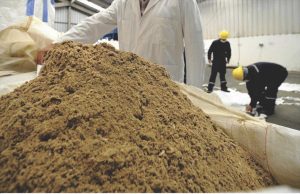
New Ingredients and Environmental Challenges
Addressing the role of alternative ingredients, Steven Barbosa of the International Platform of Insects for Food and Feed (IPIFF) noted that insect-based proteins are emerging as a complementary raw material in aquafeeds, though their share remains below 1% of total feed output.
“The insect industry cannot grow without collaboration with the fishmeal sector — these two industries complement, not compete with, each other,” he said.
A study presented by Prof. Tufan Eroldogan of Cukurova University (Turkey) revealed that most commercial fishmeal samples worldwide contain detectable levels of microplastics, reflecting the extent of marine plastic pollution. He called for further research on microplastic impacts on aquatic organisms and human health.
Later in the day, IFFO Technical Director Dr. Brett Glencross provided updates on new shipping regulations by the International Maritime Organization (IMO). Beginning in 2025, fishmeal is officially categorized as a “self-heating substance”, requiring adherence to the new antioxidant standard (tocopherol at 250 ppm). These harmonized global transport regulations will be fully enforced in 2026, improving fire safety and maritime transport reliability.
China and Europe: Signs of Market Recovery
According to Maggie Xu, IFFO China Director, domestic fishmeal production in China declined in 2024 due to limited raw material availability and low profit margins. However, imports from Peru surged, accounting for over 50% of total imports, while by-product-based fishmeal reached 29% of total output. China’s fishmeal demand is projected to rebound in 2025, supported by a 4.6% increase in aquaculture production and the recovery of the swine industry.
In Europe, Javier Ojeda of the Federation of European Aquaculture Producers (FEAP) stated that stringent environmental regulations continue to restrict production expansion. However, European consumers are increasingly concerned about feed origin and animal welfare, creating new opportunities for sustainably certified and traceable fishmeal.
In the pet food sector, Robert Reynolds of C&D Foods noted rising demand for fishmeal and fish oil as premium protein sources, particularly in “premiumization” trends targeting younger consumers. Yet, the high cost of sustainability certification remains a significant barrier.
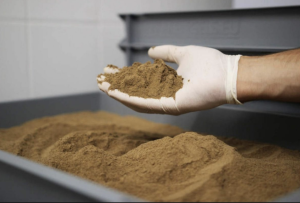
Day 3: Nutrition, Logistics, and Future Directions for the Fishmeal Industry
The final day focused on the future development of fishmeal, fish oil, and omega-3 markets.
Enrico Bachis, IFFO Market Research Director, reported that global fishmeal exports increased in 2024, driven by production recovery in Peru, Chile, India, and Scandinavia. China accounted for nearly 50% of global imports, followed by Norway, Japan, and Turkey. Aquaculture consumes around 91% of total fishmeal output, with carp species accounting for 41%, crustaceans 25%, and other freshwater fish steadily increasing.
Hikaru Kondo of Kanematsu (Japan) said Japan’s fishmeal demand has remained stable over the past decade, with 72% used in aquaculture. Japanese buyers favor high-protein Peruvian fishmeal, while imports from India and Oman are also increasing.
In Asia, Dr. Olivier Decamp of INVE Aquaculture observed that the shrimp industry is entering a recovery phase after a difficult 2023.
“The sector must invest in early-stage nutrition, boost efficiency sustainably, and cut disease-related costs,” he emphasized.
On logistics, Thue Barfod of A.P. Moller–Maersk noted that the global fishmeal supply chain is increasingly exposed to risks from geopolitical conflicts, route changes, and tariff shifts. Maersk is heavily investing in digitalization and new transshipment hubs to enhance efficiency and reduce disruption risks.
Additionally, Dr. Brett Glencross and Véronique Jamin presented updates on the Global Roundtable on Fishmeal, promoting transparency, traceability, and fishery improvement projects (FIPs) in India, Thailand, and Vietnam. Ongoing Life Cycle Assessment (LCA) studies by IFFO and the Global Feed LCA Institute (GFLI) are improving understanding of fishmeal’s environmental footprint, aiming to standardize global sustainability data by 2026.
Toward a Transparent and Sustainable Fishmeal Supply Chain
Concluding the conference, IFFO Director General Petter Johannessen reaffirmed the central message of the event:
“The fishmeal industry is evolving from a traditional mindset toward responsible growth. Collaboration among nations, businesses, and regulators is key to building a sustainable global food system.”
He emphasized that fishmeal is not merely an aquafeed ingredient — it serves as a bridge connecting marine resources, nutritional technology, and human health, forming a vital link in the global food ecosystem.






